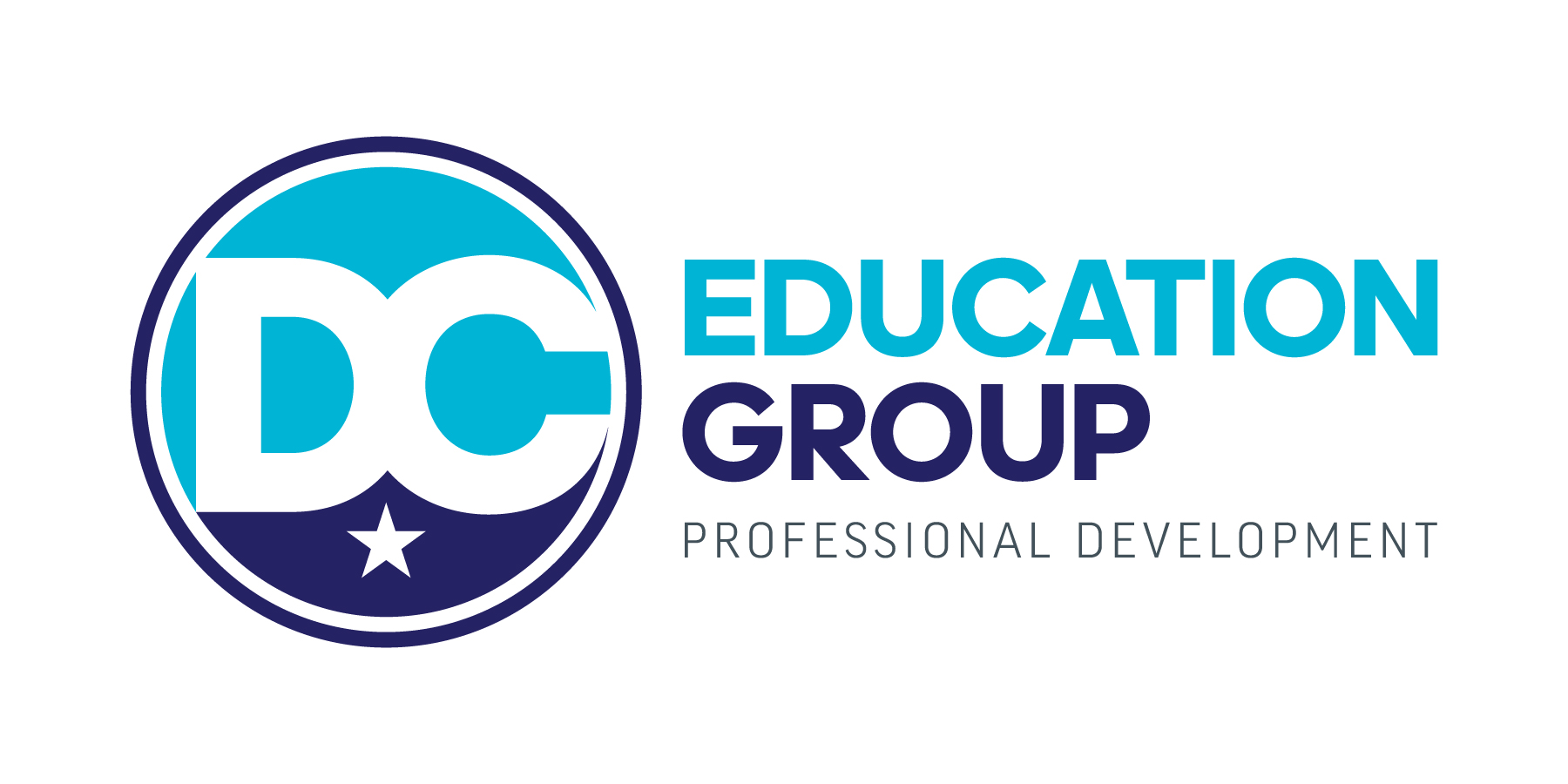Students with learning disabilities often face unique challenges in the educational setting. As educators and advocates, it is crucial to provide them with the necessary support and tools to help them succeed. Here are some effective ways to support students with learning disabilities.
One of the most important aspects of supporting students with learning disabilities is to have proper training and education. By obtaining a college advisor certificate, educators can gain valuable knowledge and skills to best support students with learning disabilities. This certification can provide educators with techniques and strategies to effectively assess, support, and advocate for students with learning disabilities.
Another important way to support students with learning disabilities is to create a positive and inclusive learning environment. Educators can achieve this by implementing universal design for learning (UDL) principles. UDL promotes the use of multiple means of representation, engagement, and expression to cater to the diverse needs of learners, including those with learning disabilities.
Additionally, educators can provide personalized support for students with learning disabilities by developing individualized education plans (IEPs) or 504 plans. These plans outline specific accommodations, modifications, and strategies to help students with learning disabilities access the curriculum and succeed academically. By working collaboratively with students, parents, and other professionals, educators can ensure that students with learning disabilities receive the support they need to thrive in the educational setting.
Furthermore, educators can implement assistive technology to support students with learning disabilities. Assistive technology tools such as text-to-speech software, note-taking apps, and graphic organizers can help students with learning disabilities access information, organize their thoughts, and demonstrate their knowledge effectively. By providing students with access to assistive technology, educators can empower them to overcome barriers to learning and achieve their academic goals.
In addition to these strategies, educators can also focus on building students’ self-esteem and self-advocacy skills. Students with learning disabilities may face challenges related to confidence, self-esteem, and advocacy. By fostering a supportive and encouraging environment, educators can help students with learning disabilities develop a positive self-concept and advocate for their own needs and accommodations.
In conclusion, there are several effective ways to support students with learning disabilities in the educational setting. By obtaining a college advisor certificate, creating a positive and inclusive learning environment, developing individualized education plans, implementing assistive technology, and fostering self-esteem and self-advocacy skills, educators can help students with learning disabilities thrive academically and reach their full potential. With the right support and tools, students with learning disabilities can succeed in their academic pursuits and beyond.
For more information visit:
DC Education Group
https://www.dceducationgroup.com/
DC Education Group offers online student affairs professional development opportunities and consulting services for higher education focused on increasing student retention, academic success, and student satisfaction.
DC Education Group offers self-paced training courses such as a student success coaching certificate, academic advising training, a student affairs leadership certificate, and a faculty advising and student mentorship certificate.
